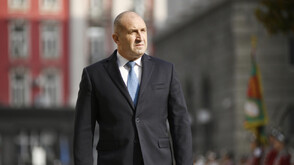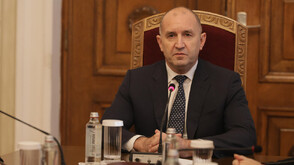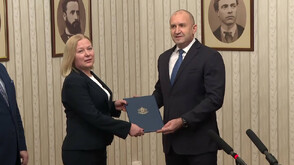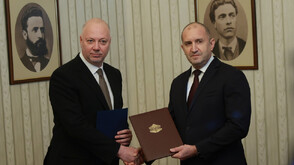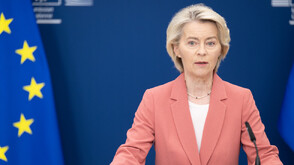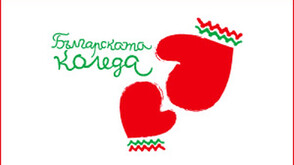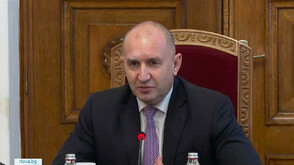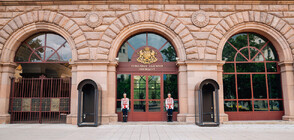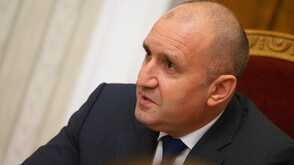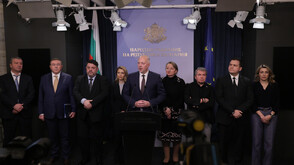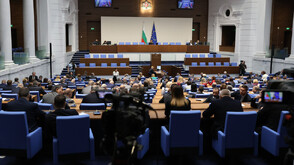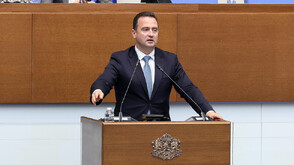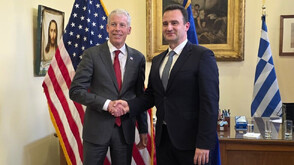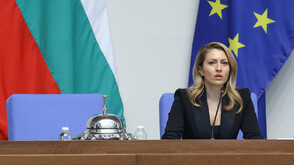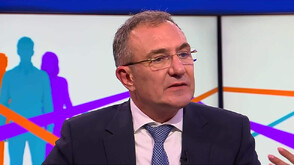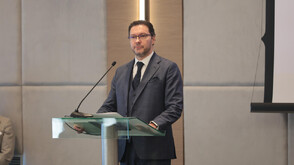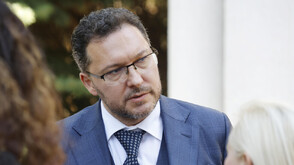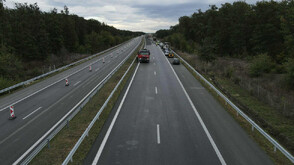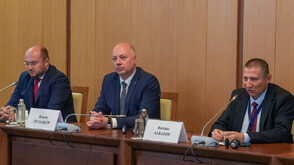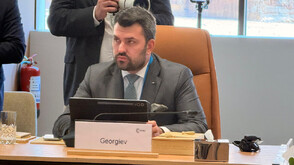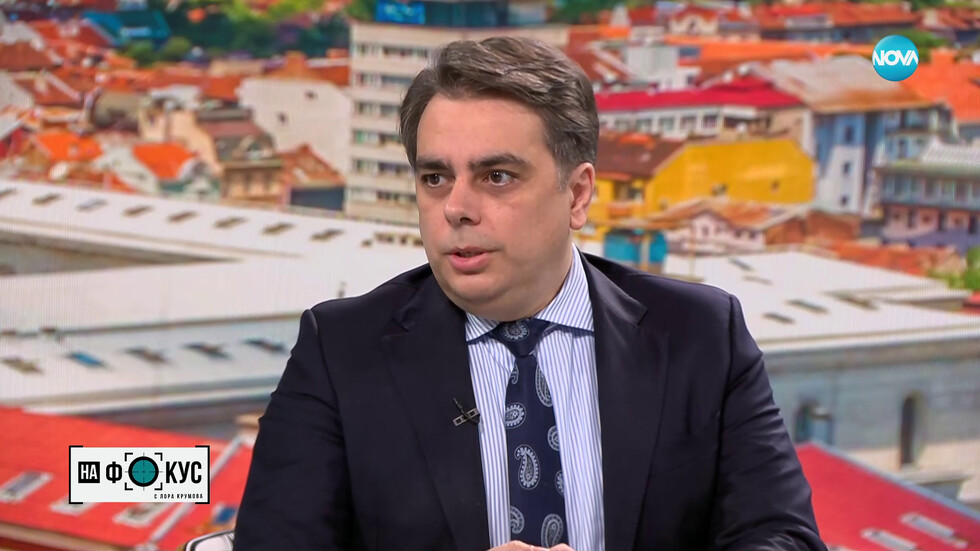
Photo: Archive
Vassilev's interview comes after the Council of Ministers issued a draft decree, according to which Bulgaria should include in an official document January 1, 2025, as a target date for euro area membership
In a Sunday interview for NOVA, Minister of Finance and Continue the Change - Democratic Bulgaria (CC-DB) Co-chair, Assen Vassilev, said that the overall economic impact of Bulgaria's delayed membership in the euro area and Schengen is between 4 and 5% of the country's GDP. Vassilev's interview comes after the Council of Ministers issued a draft decree, according to which Bulgaria should include in an official document January 1, 2025, as a target date for euro area membership.
The Finance Minister said that this act is necessary, because the caretaker cabinet had not asked for an emergency report, which would have allowed in June 2023 to have the decision on membership taken from January 1, 2024, and because the caretaker cabinet had drafted a budget with a budget deficit of 6.4%.
Vassilev said that January 1, 2025, is the date, which is discussed with the European Central Bank, the European Commission, and the Eurogroup. He stated that the losses for the economy are clear and range between BGN 500 million and one billion just from currency revaluation. The delayed eurozone membership is also associated with higher interest rates and less investment. For Schengen the losses are also significant, Vassilev said.
Commenting on President Rumen Radev's criticism of the government's efforts for Bulgaria's Schengen membership, Vassilev said that he was not sure that the President's words were helping the country. The Minister said that there are very active efforts by the government, the Foreign Minister Mariya Gabriel and the Prime Minister Nikolay Denkov, and through the Economic and Financial Affairs Council to facilitate Bulgaria's joining Schengen. Vassilev then added that there are also active talks with Austria and the Netherlands.
Vassilev spoke about Bulgaria's expulsion of a Russian priest, saying that there was no question that the person was acting as a spy. According to Vassilev, if the information released by the State Agency for National Security (SANS) that the priest had been working in Bulgaria for five years was true, then Bulgaria had failed to expel him at the first round of expulsions in 2022. This in turn means that either SANS lacked the necessary information or the Agency did not act for whatever reason. Vassilev pointed out that the answer he expected to hear from the Holy Synod was why a church in Bulgaria was closed by the Russian Embassy here.
Vassilev stated: "The truth is that at least what I see as the product of our security services does not meet any standards and, therefore, I can say most definitely that I do not think that the Bulgarian services guarantee the security of the country". According to the Minister, Bulgarian security services are very rarely able to offer information in advance or conduct an actionable analysis. He added that information that the services provide can usually be found in foreign media days in advance.
Vassilev specified that in order to reform the services, Bulgarian Parliament would have to back this act.
Asked about Boyko Rashkov's appointment as the head of the parliamentary Committee for Control of the Security Services, Vassilev said that Rashkov, similarly to his predecessor Atanas Atanasov, is a CC-DB MP with experience from working for the services and is aware of their specifics.
Vassilev reiterated that an overhaul of the Bulgarian services is urgent, as they are ineffective. He added that SANS for example is struggling to coordinate the anti-money laundering operation. Vassilev commented that for the last two years there have been reports highlighting shortcomings in the Bulgarian system.
Vassilev denied that Delyan Peevski of the Movement for Rights and Freedoms (MRF) is a factor in this government. The Minister then added that the MRF is key to the constitutional reform.
Редактор: Тони ГосподиновПоследвайте ни

